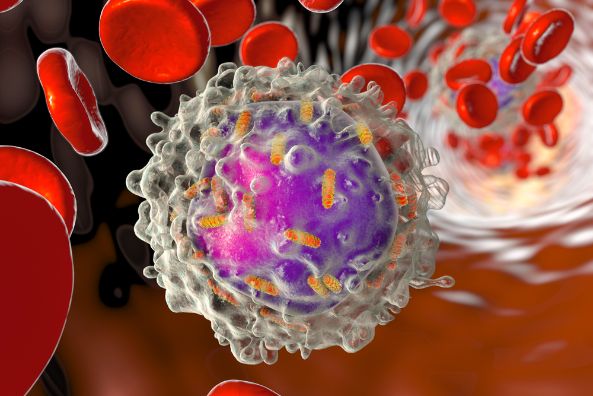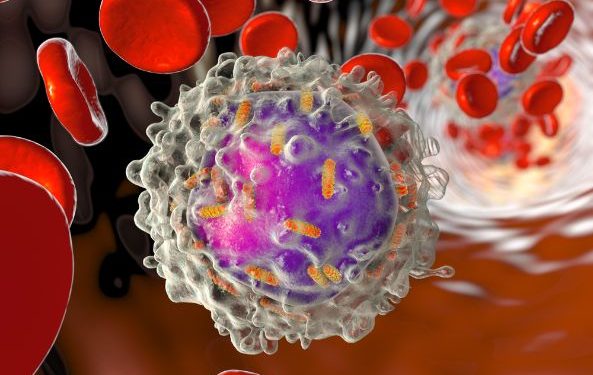CLL leukemia is a type of blood cancer. It grows slowly and usually doesn’t cause any symptoms, so people who have it often don’t get diagnosed until they are very sick. It is most common in older adults, with the average age at diagnosis around 70.
CLL occurs when abnormal B cells grow and multiply in the bone marrow, blood and lymph nodes. These cancerous cells crowd out healthy white blood cells, which are needed to fight infections. They also lead to an overabundance of B cells, which can enlarge the lymph nodes, liver and spleen. The cancer cells can also cause problems in other organs, such as the lungs.
The disease can affect different parts of the body, but the most common sites are the groin, armpits, neck and chest. The enlarged lymph nodes can cause pain or a feeling of fullness under the ribs. The cancerous B cells can also block production of normal red blood cells and platelets. This causes anemia, which can make you feel tired and weak. It can also cause problems with your stomach and intestines, if the enlarged lymph nodes press on them.
Usually, doctors diagnose CLL by taking a sample of your blood and doing a blood test. They may also use a procedure called bone marrow aspiration and biopsy to look for B cells and other cancerous cells in your bones. They can then compare these cells to normal ones and find out if you have CLL. Healthcare providers use two systems to stage cancers, including CLL: Rai and Binet.

Your doctor can treat CLL with chemotherapy, radiation therapy or a combination of treatments. You may also have immunotherapy, which helps your own immune system attack the cancerous cells. The most common immunotherapy treatment for CLL is a drug called ibrutinib (Imbruvica), a type of Bruton’s tyrosine kinase inhibitor. Other drugs that work like this include acalabrutinib and zanubrutinib.
People with CLL can live for years without needing treatment, but the cancer will return later on. You can reduce your risk of this by getting regular checkups and following your healthcare provider’s advice about staying healthy, avoiding infection and limiting your alcohol intake.
You can also help manage the symptoms of cll leukemia by eating well, exercising and getting enough sleep. You should also talk to your doctor about support groups and getting information about clinical trials. It’s important to see your healthcare provider regularly, because he or she can check for signs of the cancer returning and treat them quickly.









